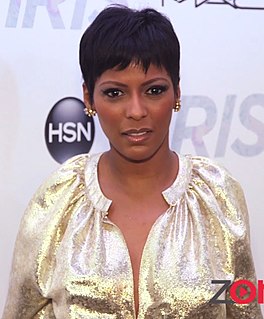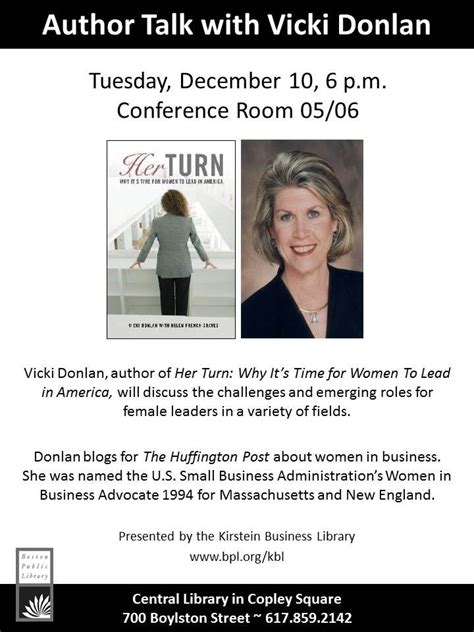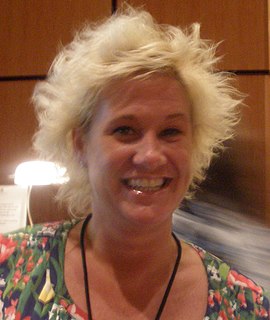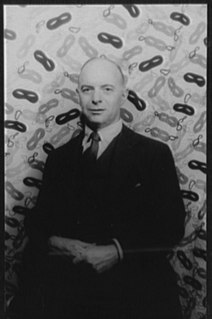A Quote by Tamron Hall
I'm about being honest and knowing that people are watching, and they want to know that I'm asking questions that they want the answers to.
Related Quotes
I won't call my work entertainment. It's exploring. It's asking questions of people, constantly. 'How much do you feel? How much do you know? Are you aware of this? Can you cope with this?' A good movie will ask you questions you don't already know the answers to. Why would I want to make a film about something I already understand?
The Democrats are still not being honest with themselves about what happened to them. You know, a lot of people voted for Donald Trump knowing full well what the baggage was. They didn't care. The Trump election was, in fact, about issues. It was dead-set on issues, and this is what the media refuses to understand. They know it; they just don't want to believe it, and they don't want to acknowledge it. They think that it was an election about Hillary Clinton being a rotten candidate.
I feel like people expect me to give them easy answers, but there aren't really easy answers. There are only harder questions. And unless we get to the harder questions part, about what this conversation is really about...of course I want an immigration bill to pass. I want people to have a driver's license and work permits and green cards and passports. But this conversation transcends this bill. We're not going to have a perfect bill. This is politics. I feel like my job is instead of giving people easy answers, my job is to actually to ask people to probe deeper.
If you don't understand, ask questions. If you're uncomfortable about asking questions, say you are uncomfortable about asking questions and then ask anyway. It's easy to tell when a question is coming from a good place. Then listen some more. Sometimes people just want to feel heard. Here's to possibilities of friendship and connection and understanding.
So when I say that I think we would have a different ethical level, particularly in corporate America, if there were more women involved, I mean that what women are best at is asking questions. Women ask questions over and over again. It drives men nuts. Women tend to ask the detailed questions; they want to know the answers.
Myths, whether in written or visual form, serve a vital role of asking unanswerable questions and providing unquestionable answers. Most of us, most of the time, have a low tolerance for ambiguity and uncertainty. We want to reduce the cognitive dissonance of not knowing by filling the gaps with answers. Traditionally, religious myths have served that role, but today — the age of science — science fiction is our mythology.
































